Wrongful Trading: What It Is and How to Avoid It

Wrongful trading, often known as “trading irresponsibly,” is a civil wrong covered by Section 214 of the 1986 Insolvency Act. As a result, industry professionals frequently refer to it as simply “Section 214.” The premise of wrongful trading is that a director of a UK limited company becomes fully aware of their firm’s insolvency, but […]
Understanding – And Using – a Director’s Loan Account

Understanding – And Using – a Director’s Loan Account If you own a business, you’ve probably come across the term “directors loan account.” Directors loan accounts (DLA) are one of the many tax provisions that you should be familiar with when you start a business of your own. That’s especially true of DLAs, as, if […]
Shares, Share Capital and More Explained

Setting up a limited company can seem like a daunting and confusing undertaking, and, as many new company principals discover, for lots of different reasons. Take share capital for example. When setting up a limited company, you’ll discover that you are expected to issue at least one share. However, if you don’t quite understand what […]
An Employer’s Guide to Unlawful Deduction of Wages
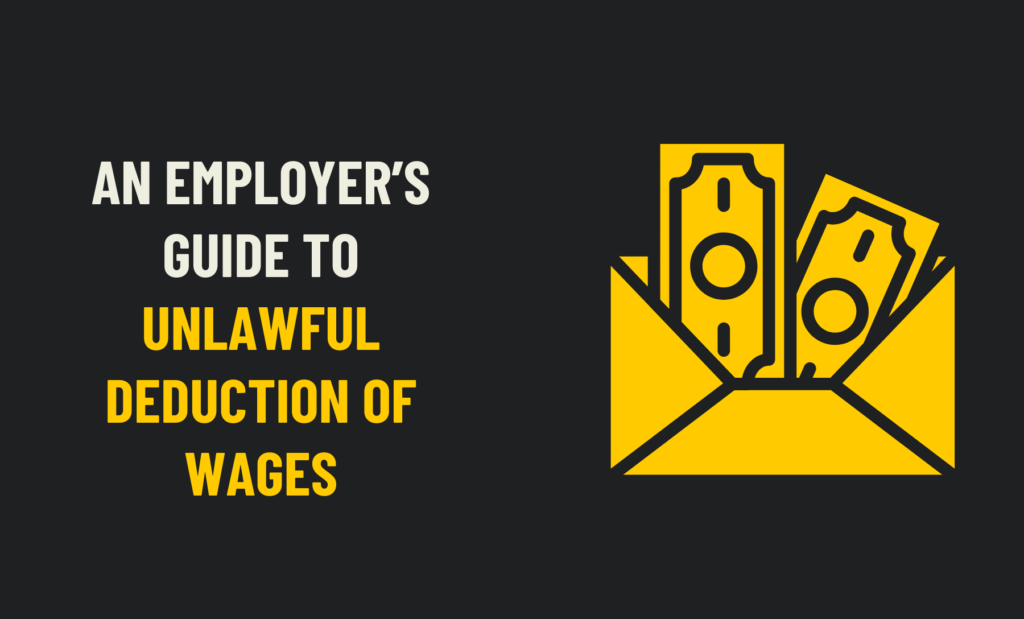
Unlawful deductions of wages claims could be filed against you if an employee claims you illegally deducted money from their paycheck. What are your legal options if this happens, and how can you avoid future conflicts with your employees? That’s what we are going to take a closer look at here. What Constitutes an Unlawful […]
Tip Pooling, Troncs and a Fairer Workplace for Everyone

Tipping dates from the 18th century, when customers in pubs would attach coins to notes handed to the barkeeper. The purpose of this monetary incentive was “to ensure promptness,” hence the term “TIP.” Tipping, like the industries in which it is found, has changed dramatically since then. In fact, few would have predicted the same […]
How the Employment Allowance Can Help Your Business Grow?

How the Employment Allowance Can Help Your Business Grow The Employment Allowance – referred to, inaccurately, by some as the employer’s allowance – reduces the amount of National Insurance that businesses must pay by up to £4,000 per year, a possible real boon for a small business. Is it possible for your small business to […]
Everything You Need to Know about Micro-entity Accounts

A micro-entity (also known as a micro company) is a very small, privately held limited company. If you’re the director of a micro-entity, submitting micro-entity accounts to Companies House can save you time when it comes to preparing and filing your accounts. Micro-entity accounts are a simplified format that contains all the information that all […]
Basic Guide to Benefits in Kind: What You Need to Know Now

It’s possible that you’re receiving a benefit-in-kind if you receive any other benefits as part of your job in addition to your salary (BIK), or, if you are an employer you are offering them to your employees. You may – often rightly- think of them as a workplace perk, or you may hear them referred […]
Personal Service Company: What It Is and Why You Might Want to Form One

When then-Chancellor Gordon Brown used the phrase “personal service company” to introduce the well-known legislation IR35 in 1999, it caught everyone’s attention in the world of business (and especially accounting) There is no clear definition of a personal service company (PSC), though it is commonly used to refer to the limited company director who owns […]
Credit Control – How to Get it Right Every Time

One of the most important aspects of running a successful business is effective credit control. Your business’s cash flow can be severely impacted if money does not come in on time, and the resulting problems can quickly spiral out of control. Effective credit control is an important process that begins with getting to know your […]
What is a P11d: A Basic Guide
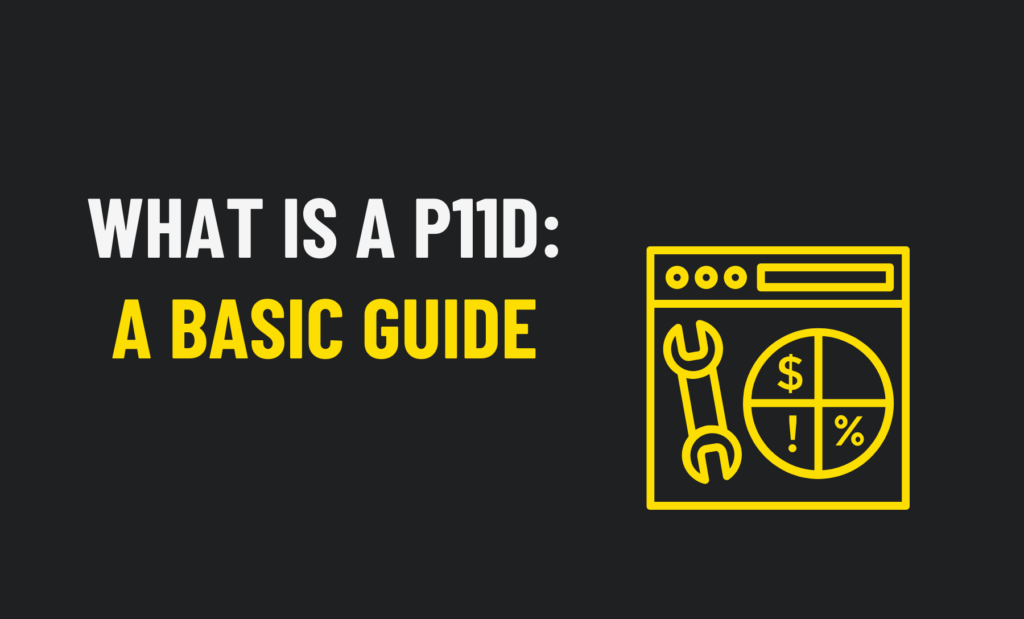
Do you receive or pay your employees’ or directors’ expenses or benefits throughout the year? Then you must complete and submit a P11d form to HMRC for each employee who has received the benefits, as well as a P11d(b) to summarize the class 1A NIC due, as required by law. Does all that sound like […]
What is a P60, and Who Should Get One?

Every UK employer with an in-house payroll department must understand, and be able to efficiently issue P60s. These important forms summarise an employee’s pay and deductions for the tax year, but there are a few key variables to keep in mind and plenty of room for error. As is the case for almost everything to […]
Reaping the Benefits of Keeping Managed Accounts

Every business needs three financial statements: a profit and loss (or income) statement, a cash flow statement, and a balance sheet. These documents, when combined, provide key figures and a snapshot of your financial situation. But, more importantly, what do these figures mean to you? Do they clearly show how your company is growing? Do […]
How to Close a Limited Company the Right Way

How to Close a Limited Company the Right Way Not every business succeeds, and not every partnership blossoms as expected, meaning that it’s not unusual for the time to come when the principals involved might want to close a limited company and move on to the next phase in their professional lives. Closing a limited […]
VAT on Food – What Should Be Charged and How
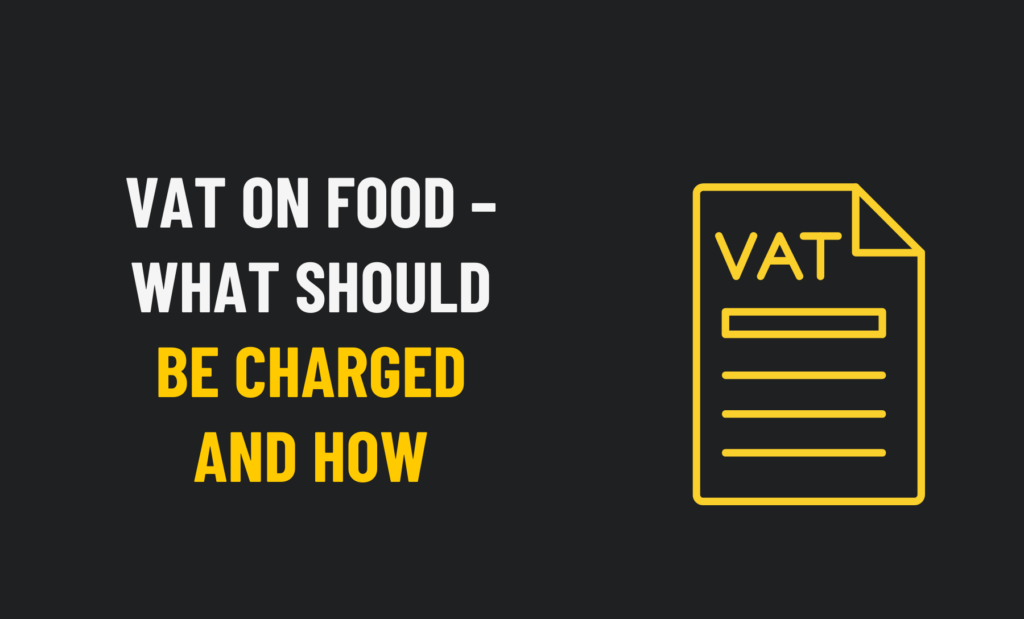
If you’re a food retailer, producer, manufacturer, or wholesaler, you need to be familiar with the ins and outs of food VAT to stay in HMRC’s good books. But be warned: it isn’t going to be easy. In fact, the UK government’s guidance on VAT on food is extensive to say the least, confusing if […]
What Are Abridged Accounts and Can My Firm File Them?
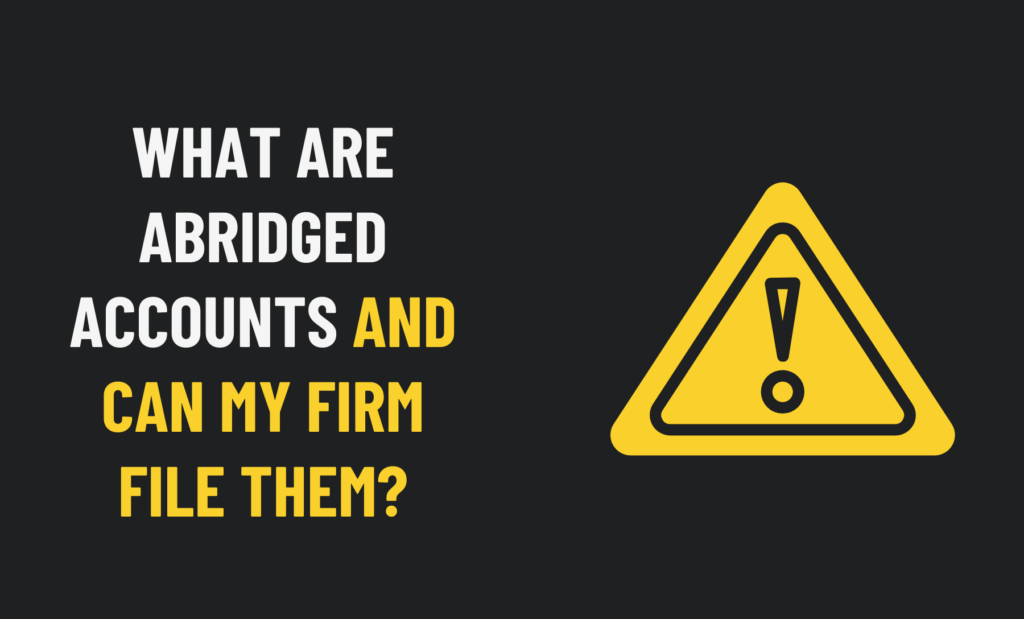
There are several options for filing small company accounts with Companies House: dormant company accounts, full accounts, micro-entity accounts, and abridged accounts. Abridged accounts may be the best option for a small business or startup with a low turnover. With our simple guide, you’ll learn the basics you need to know about filing abridged accounts […]
How to Charge VAT on Postage without Getting into Trouble with the Taxman
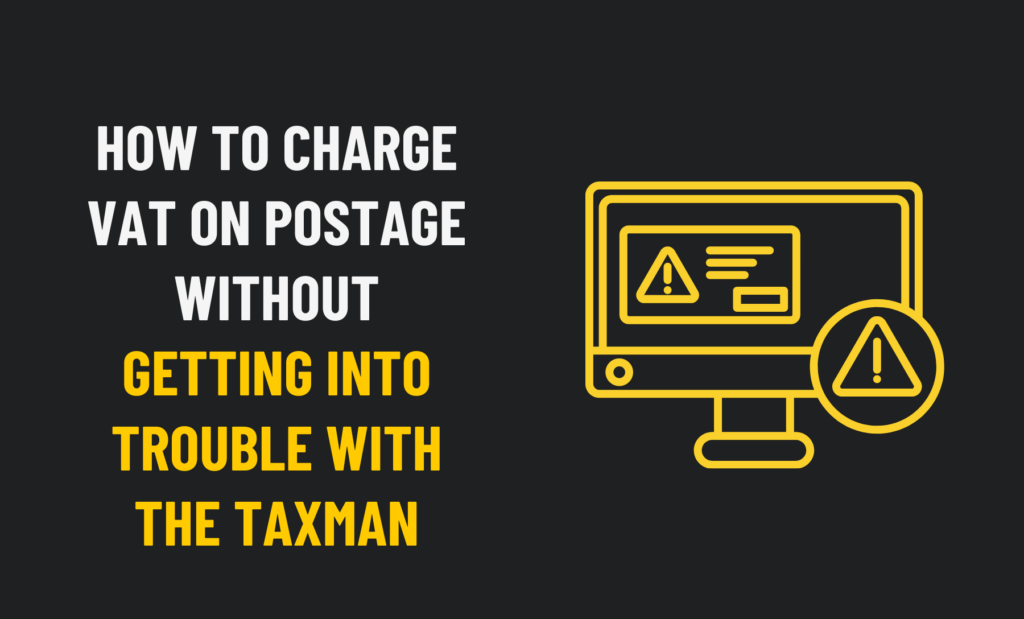
Online sales are booming, even as the restrictions on high street retailers loosen after the pandemic. Therefore, for an increasing number of UK retailers getting into e-commerce – even if they have never ventured into the world of online sales before, makes a lot of sense. This means creating new price lists for your website, […]
What Are Statutory Accounts and How Do They Work? A Quick Overview
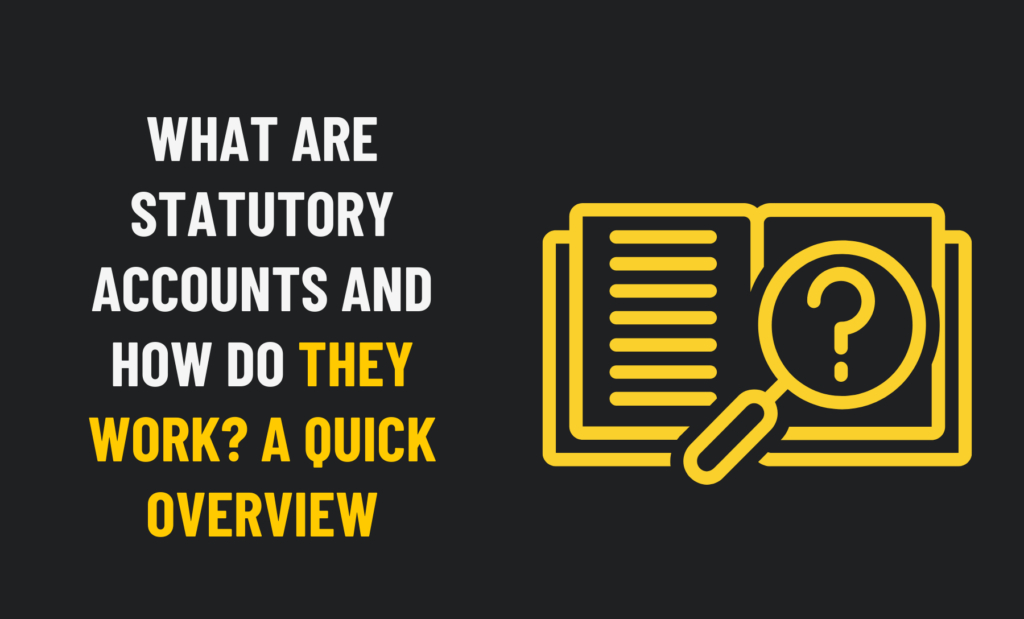
Although it is a legal requirement, preparing annual statutory accounts for your limited company can be a daunting task. We’ve gone back to the basics in this article to help you better understand why, even though this can be a pain, getting your statutory accounts right is also a must. Statutory Accounts Basics You have […]
How You Manage Trade Creditors May Save Your Business Someday

For the smooth operation of your business, you rely on good relationships with creditors. The cash flow of most businesses is influenced by suppliers – also known as trade creditors- the bank, and statutory bodies such as HM Revenue & Customs (HMRC). You might not be able to pay your bills on time if your […]
How You Manage Your Trade Debtors Can Make or Break Your Business

It’s a sad fact that more than 60% of small businesses in the United Kingdom fail within the first three years of operation. Even more tragic is the fact that many of these businesses failed not because they had a bad idea to begin with (though some did! ) but because of poor cash management. […]

